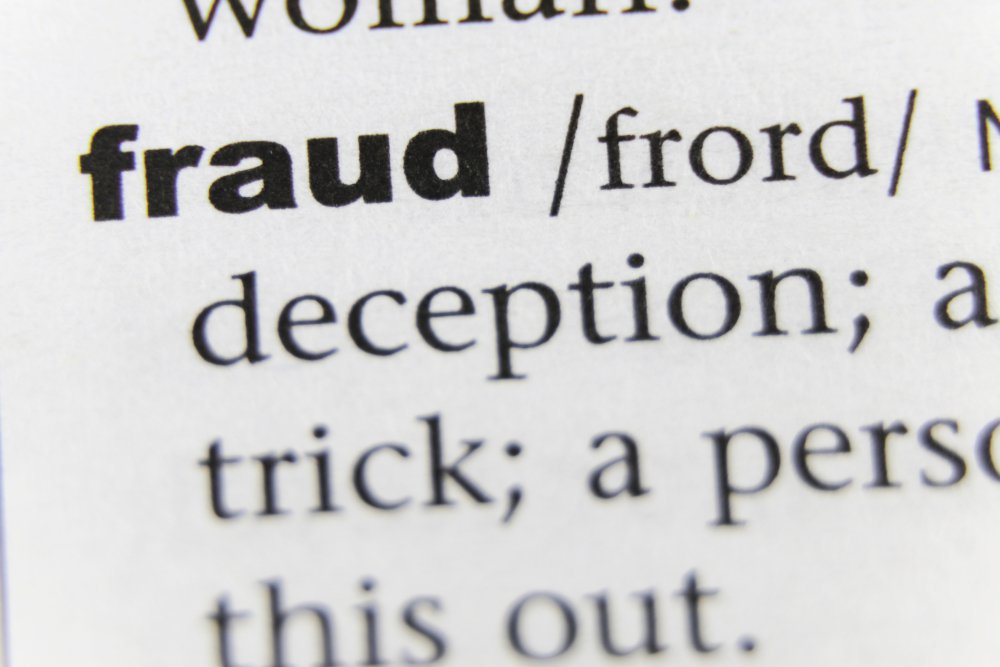A MANHATTAN federal judge has castigated the nation’s largest provider of disability insurance, accused in a class action suit of plotting to deny high-cost claims, for failing to take adequate steps to prevent the erasure of e-mails ordered preserved by a Dec. 27 agreement.
Policyholders sued Chattanooga, Tenn.-based disability insurer UnumProvident in November for allegedly providing incentives to employees to deny claims. In discovery, the plaintiffs had sought records of the e-mails sent in the three days following the airing of each of two television reports on UnumProvident’s alleged plot: an Oct. 13, 2002, broadcast of NBC’s “Dateline” and a Nov. 17, 2002, episode of CBS’s “60 Minutes.”
UnumProvident agreed to preserve the e-mails but limited its efforts to taking a “snapshot” of the company’s email system between Dec. 20 and Dec. 23, 2002, failing to prevent the erasure of earlier e-mails stored on backup tapes. Southern District Judge Denise Cote found that the company’s actions were unintentional but criticized its poor compliance with the Dec. 27 preservation order.
“If UnumProvident had been as diligent as it should have been in complying promptly with the Dec. 27 order, fewer tapes would have been overwritten,” she wrote in Keir v. UnumProvident, 02-8781.
Judge Cote found that the company’s management had left its compliance with the Dec. 27 order in the hands of insufficiently supervised information technology workers, including contract workers from IBM. Many of these IT workers were not fully informed of the scope of the preservation request.
The company had contended that Linda Fleury, UnumProvident’s director of enterprise security architecture, had seen the order and instructed her staff, including IBM employee Steve Tucker, who actually created the snapshot, of the necessity of preserving all data until the best means of complying with the order could be determined. The judge, however, expressed skeptisim about the version of events.
“There is no written confirmation of this instruction or testimony from Tucker confirming that such a direction was given,” Judge Cote wrote. “It is doubtful whether this conversation occurred.”
Judge Cote also pointed to the lack of other evidence of communications between Ms. Fleury and the company’s legal department and said Ms. Fleury’s “recollection of what she said shifted considerably under questioning.”
The judge confined her ruling to findings of fact and said it was premature to speculate whether plaintiff has sufferred any prejudice from its inability to secure e-mails. Depending on what other e-mails may be recovered, she said, the six days of e-mails following the two news magazine broadcasts may be superfluous.
Our firm, representing the plaintiffs, agreed with the judge.
“There’s no real indication that it was intentional,” our partner said. “It was very poorly managed though.”
Brian Frawley of Sullivan & Cromwell, one of the lawyers for UnumProvident, declined to comment on the opinion.
The case before Judge Cote is one of several brought against UnumProvident nationwide on identical facts. The U.S. Judicial Panel on Multidistrict Litigation is expected to consolidate the case shortly.
Evan S. Schwartz
Founder of Schwartz, Conroy & Hack
833-824-5350
[email protected]


